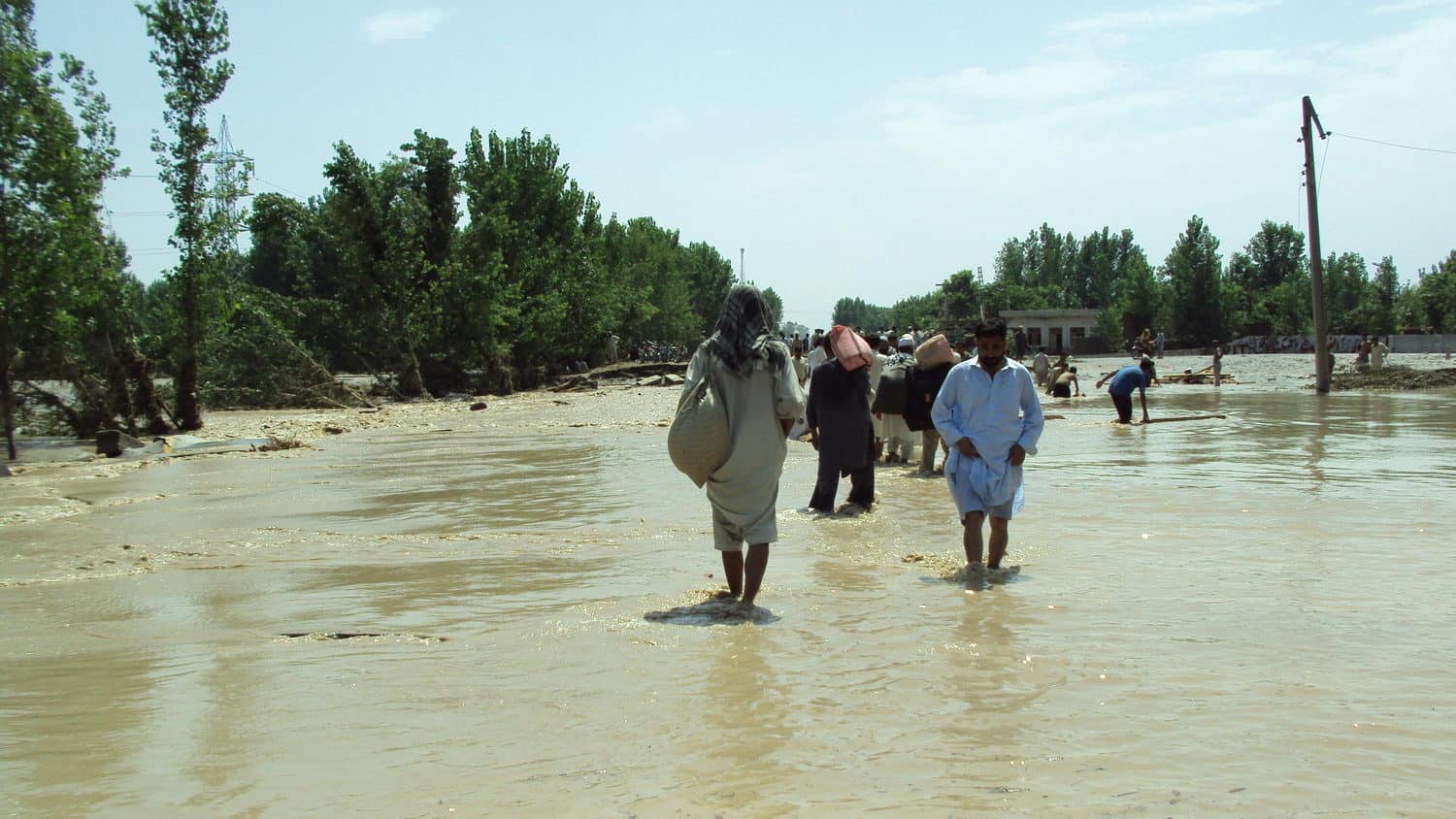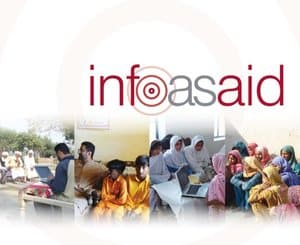
Internews worked with local radio stations in the hardest hit areas in Pakistan’s northwest region to ensure that journalists were able to continue reporting on the devastation and on the critical relief efforts underway. This included hearing from people who had lost their homes and were waiting for help. The Humanitarian Information Project (HIP) aimed at getting “news you can use” to people during the emergency. Through HIP’s two radio programs – Sabaoon, and Maram, broadcasted through a network of independent FM stations in the region, Internews reached people whose only source of information was these radios.
“People are calling and asking for our reporters to come to them, because they know once their stories are heard they will get help.”
Fawad Ali – local radio journalist
IMPACT
- Access to Services – HIP was successful in providing useful information to flood affected communities on survival strategies and accessing their rights and entitlements: 59.4% respondents to the survey evaluation answered the program helped them get food, followed by getting water and medical care (46.8%), help for their crops (38.7%), and getting the WATAN card (37.1%).
- Building Resilience – 76.2% of all respondents indicated that they had learned how to “clean my own drinking water” followed by learning how to “keep myself and my family healthy” (66.7%). Both are key survival strategies in an emergency.
FINAL REPORT:

This infoasaid research report provides a snapshot of the effectiveness of humanitarian information efforts in the provinces of Sindh and Punjab in Pakistan three months after the devastating July 2010 floods.
Dec 9, 2010